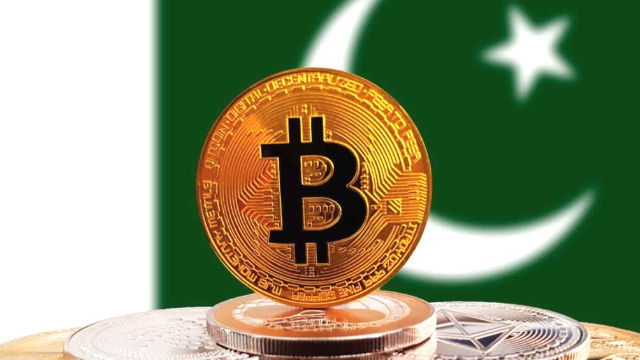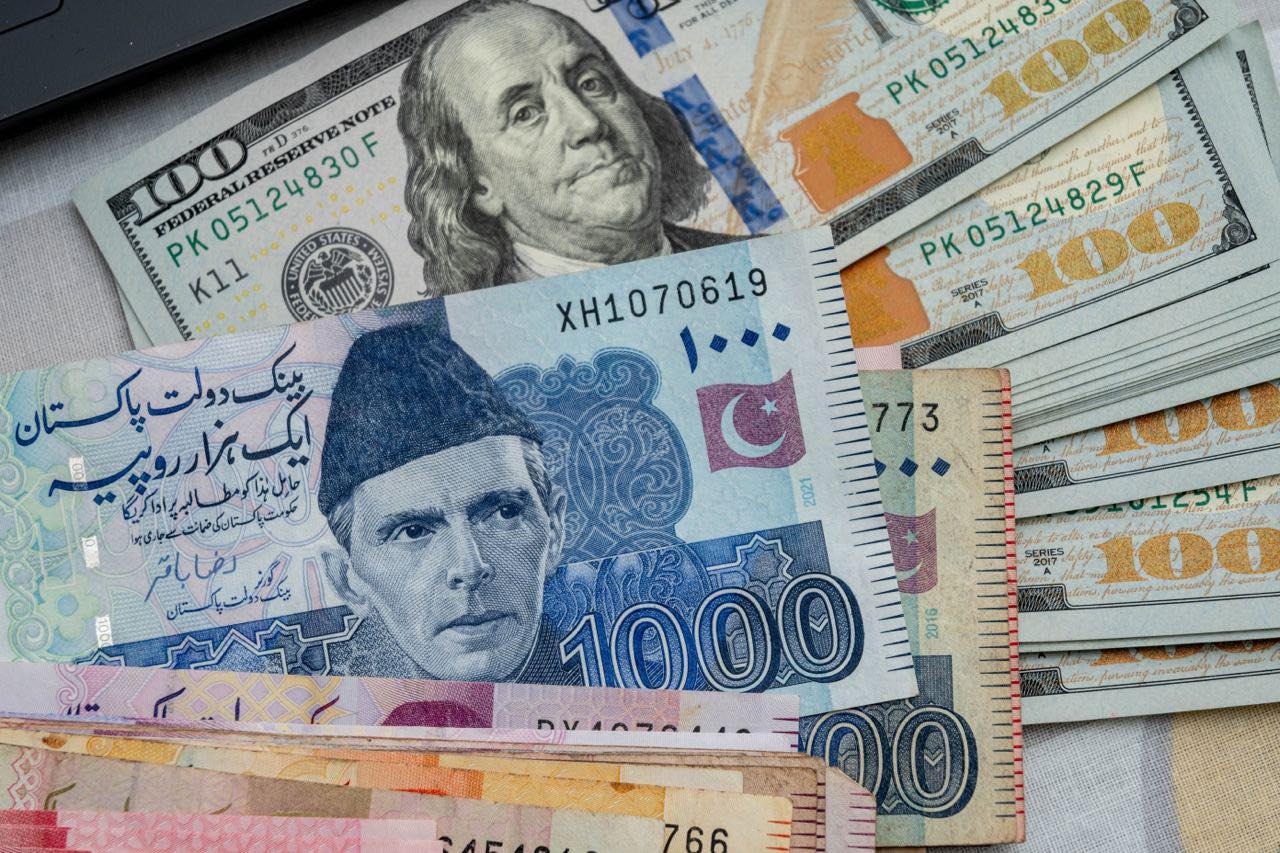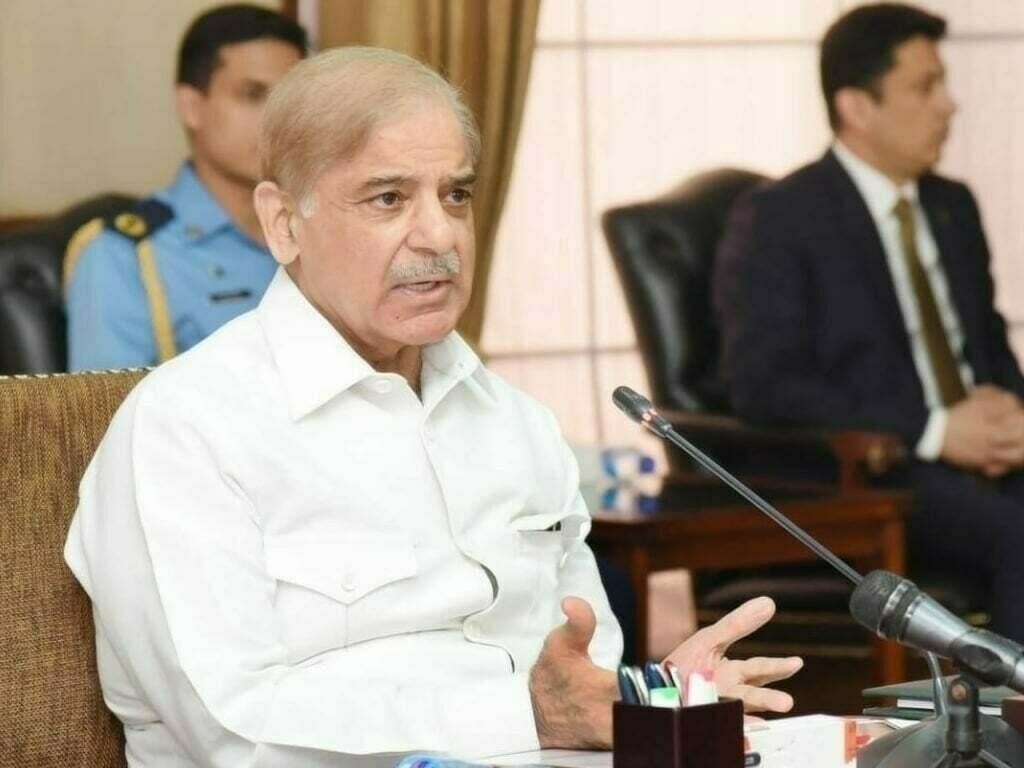PTBP Web Desk
The digital financial revolution, Pakistan’s Ministry of Finance has announced the formation of the Pakistan Digital Assets Authority (PDAA) — a regulatory body designed to oversee and accelerate the development of the country’s growing virtual asset economy. The decision, announced on Wednesday, marks a pivotal step towards legalizing and organizing Pakistan’s informal crypto market, valued at over $25 billion.
The Ministry of Finance issued a formal statement outlining the PDAA’s role in regulating blockchain-based financial infrastructure, aiming to balance innovation with global compliance standards. The establishment of PDAA signals the government’s recognition of digital assets as a vital component of modern finance and a means to boost economic inclusion.
According to the statement, the Pakistan Digital Assets Authority will serve as a specialized body mandated to regulate, license, and monitor a wide range of digital financial platforms. This includes cryptocurrency exchanges, digital wallets, custodians, stablecoins, tokenized platforms, and decentralized finance (DeFi) applications — all under one comprehensive framework.
Finance Minister Muhammad Aurangzeb, who also chairs the Pakistan Crypto Council (PCC), emphasized the significance of this move:
“Pakistan must regulate not just to catch up — but to lead. With the PDAA, we are creating a future-ready framework that protects consumers, invites global investment, and puts Pakistan at the forefront of financial innovation.”
The government’s decision aligns Pakistan with several global financial hubs that have already taken regulatory steps to embrace digital finance and Web3. Countries like the United Arab Emirates (UAE), Singapore, Japan, and Hong Kong have each established their own regulatory bodies to manage digital assets, providing legal clarity and fostering innovation within a controlled environment.
The Finance Ministry said this strategic step is meant to “ensure FATF-compliant innovation,” thus reducing the risk of being excluded from international financial networks and attracting foreign direct investment into Pakistan’s fintech ecosystem.
One of the key goals of the PDAA is to unlock economic inclusion, particularly for Pakistan’s youth, by enabling a regulated space for blockchain-based startups, freelancers, and fintech entrepreneurs to build and scale solutions. The initiative is expected to empower innovation while protecting consumers through clearly defined rules.
The newly announced authority is also set to regulate Bitcoin mining operations by providing guidelines to monetize surplus electricity, potentially turning an energy challenge into a new revenue stream.
Bilal Bin Saqib, CEO of the Pakistan Crypto Council, commented on the broader vision:
“This is not just about crypto — it’s about rewriting our financial future, expanding access, and creating new export channels through tokenisation, digital finance, and Web3 innovation.”




